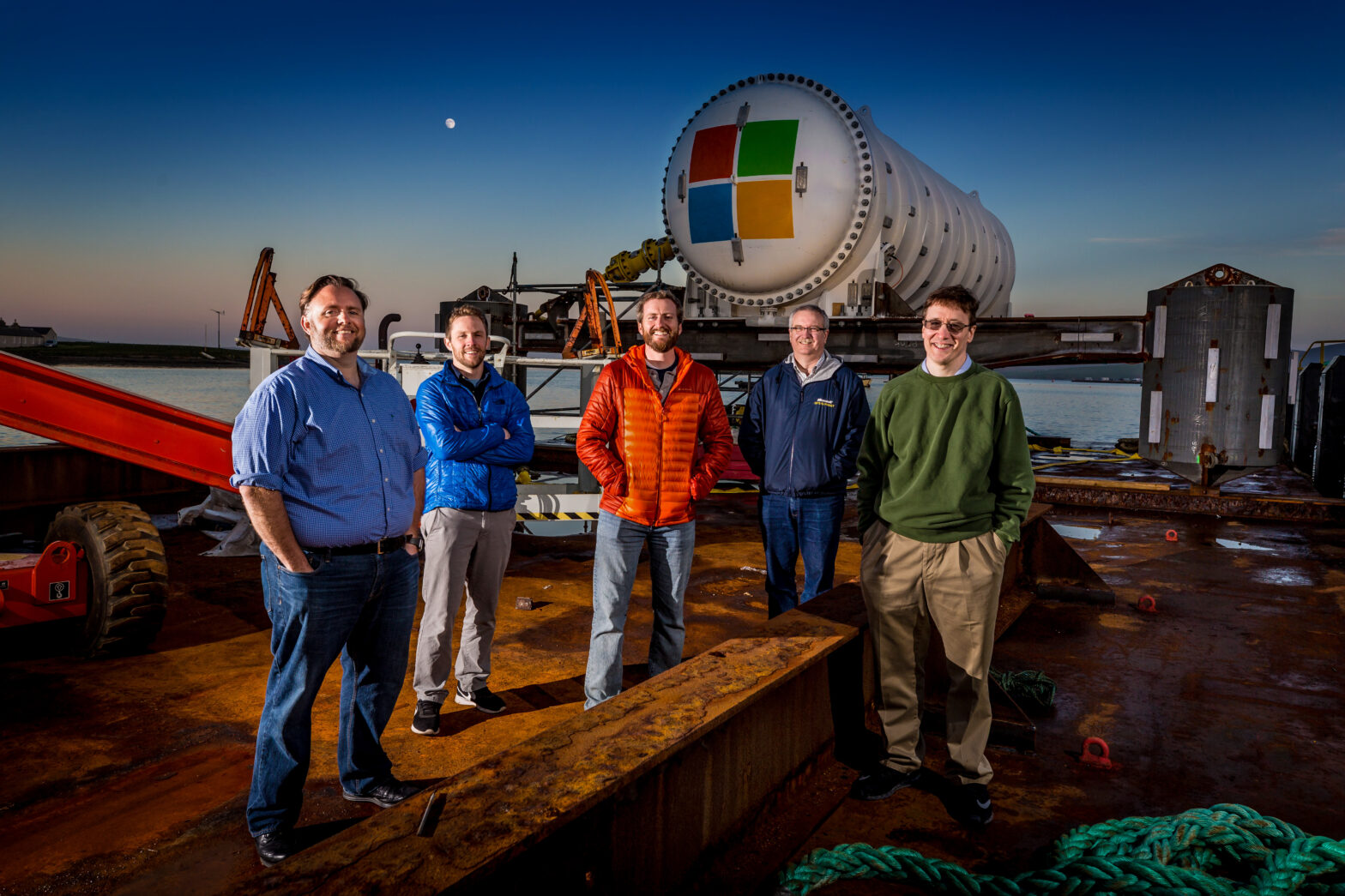Microsoft has sunk a data centre in the North Sea off Orkney, Scotland, as part of a “moonshot research effort” to make the internet more environmentally and economically practical.
The sinking of the data centre is phase two of Project Natick; the first phase showed how the underwater data centre concept was feasible while phase two focuses on researching whether the idea is logistical, environmentally and economically practical.
A spokesperson from Microsoft said: “Data centres are the backbone of the internet, and as demand for data centre resources across the computing industry grows exponentially, we need a solution to data storage that provides both the speed people expect and solutions that are more environmentally sustainable.”
“Microsoft’s Project Natick could herald a new wave of data centres that can be deployed rapidly and inexpensively while increasing data speeds along coastal regions.”
>See also: The business case for greening data centres
“More than half of the world’s population lives within about 120 miles of the coast. By putting data centres in bodies of water near coastal cities, data would have a short distance to travel to reach coastal communities, leading to fast and smooth web surfing, video streaming and game playing as well as authentic experiences for AI-driven technologies.”
Sustainability
Data centres have long dealt with the issue of overheating. The remedy is most often the installation of large cooling fans or the use of supercooled liquid. Some organisations have gone further, deciding to build data centres in colder climates, like Iceland.
However, Project Natick seems to take things one step further. Not only do they look to take advantage of the cold temperature of the North Sea, but Microsoft also aspires to leverage locally produced green energy as well. The datacentres are also envisioned to be fully recycled.
Scotland’s part in the Fourth Industrial Revolution
In a blog post, Cindy Rose, Chief Executive of Microsoft UK said: “I’m delighted this venture is taking place in the UK.”
“It sends a message that Microsoft understands this country is at the cutting-edge of technology, a leader in cloud computing, artificial intelligence and machine learning.”
>See also: IT in a cold climate
“It’s a view I see reflected in every chief executive, consumer and politician I meet; the UK is ready for the Fourth Industrial Revolution and the benefits that it will bring.”
Paul Wheelhouse, Energy Minister in Scotland, said: “With our supportive policy environment, skilled supply chain, and our renewable energy resources and expertise, Scotland is the ideal place to invest in projects such as this.”
“This development is, clearly, especially welcome news also for the local economy in Orkney and a boost to the low carbon cluster there.”
“It helps to strengthen Scotland’s position as a champion of the new ideas and innovation that will shape the future.”










